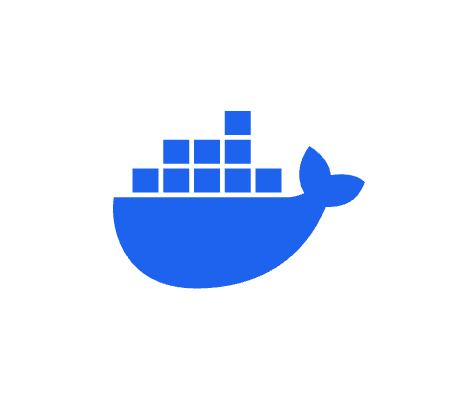Docker remains committed to providing a platform where the non-commercial open source developers can continue collaborating, innovating and pushing this industry into new directions.
In August, we announced to our dedicated community and ecosystem that we are creating new policies for image retention and data pull rates. We made these changes to make Docker a sustainable business for the long term, so that we can continue supporting the developer community and ecosystem that depends on the Docker platform. We got great feedback from our extensive user base, and adjusted our policies to delay the policies on image retention until mid-2021. The plan for data pull rates is moving forward, and starting today limits will be gradually enforced, with the plan to be fully applied in the coming weeks. The final limits will be:
- Unauthenticated users will be restricted to 100 pulls every 6 hours
- Authenticated free users will be restricted to 200 pulls every 6 hours
To support the open source community, Docker has created a special program for Open Source projects to get continued free access and freedom from restrictions for their communities and their users. For the approved, non-commercial, open source projects, we are thrilled to announce that we will suspend data pull rate restrictions, where no egress restrictions will apply to any Docker users pulling images from the approved OSS namespaces.
Open Source Project Qualification Criteria
To qualify for the Open Source Program status, all the repos within the Publisher’s Docker namespace must:
- Be public and non-commercial
- Meet the Open Source Initiative (OSI) definition (shown here), including definitions for free distribution, source code, derived works, integrity of source code, licensing and no tolerance for discrimination
- Distribute images under OSI approved open source license
- Produce Docker images used to run applications
Review and Approval
The process for applying for Open Source status is summarized below –
- The Publisher submits the Open Source Community Application form.
- Docker reviews the form, and determines if the Publisher qualifies for open source status.
- If the Publisher qualifies, Docker will waive the pull rate policy for the Publisher’s namespace, for a period of one year
- Every 12 months, Docker will review if the Publisher’s namespace qualifies with the Docker Open Source Program criteria, and extend the Open Source Program status for another 12 months.
- Docker may, at its discretion, also review eligibility criteria within the 12-months period
- The publisher may have other namespaces, that either partially comply or do not comply with open source policy requirements, and therefore, will not qualify for open source status
Joint Promotional Programs
In order to support the OSS community Docker will collaborate on joint promotional programs with the Open Source Program publishers, including blogs, webinars, solutions briefs and other collateral. The OSS partner also agrees to become Docker public reference, and display links to Docker on all the appropriate pages. As Chris Clark, Technical Operations Manager, Cloud Foundry Foundation, said, “DockerHub has been a de-facto standard for open source container image distribution for years now, and the continued support of Docker to provide this resource to open source communities is very much appreciated.”
We have created the Docker Open Source Program this summer, and so far, more than 40 organizations and counting from around the world have qualified for this program. These organizations run the gamut in size from the Apache Software Foundation (ASF), Cloud Foundry and Jenkins to numerous smaller projects. These organizations work on projects as diverse as new programming languages, frameworks for machine learning, software packages for analyzing molecular data, gaming engines and projects for civic tech. We are privileged to work with such great global talent, including groups from US, France, Switzerland, Netherlands, India, Singapore, New Zealand and South AfricaOpen Source projects can apply for the Docker Open Source program by filling out this form.
